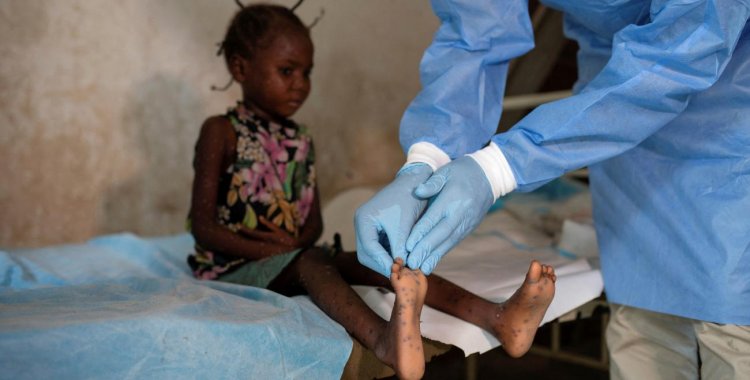"Mole continues to be a major public health emergency for continental security and must demand our attention and engagement," said John Kaseya, director-general of the Africa Centres for Disease Control and Prevention (Africa CDC), in an online press conference.
To date, there have been 114,156 suspected cases, 26,409 laboratory-confirmed cases and 1,696 deaths, according to the AU health agency, which lowered that number from the 1,724 deaths it reported a week ago, but did not clarify the disparity in those figures.
The Democratic Republic of the Congo (DRCongo), Angola's neighbour, continues to be the epicentre of the outbreak, with 87,599 suspected cases and 17,079 confirmed cases, including more than 1,650 deaths since January 2024.
In the DRCongo, the screening rate is around 18 percent, which, according to Kaseya, "is too low a percentage" and results in "underreporting of cases".
As he explained, this lack of data is due, on the one hand, to the reduction in humanitarian aid resulting from international funding cuts and, on the other, to the ongoing conflict in the east of the country.
As far as vaccination is concerned, nine countries have received vaccines to combat mpox and six are vaccinating their populations.
"So far, in the six countries that are vaccinating, we have had great success, with almost 547,000 people vaccinated. And what is amazing is that the rejection of this vaccine is almost zero. This means that people are accepting the vaccine and accepting the message that we are giving them to protect themselves," he explained.
The AU health agency declared mpox a public health emergency of continental security on 13 August and, the following day, the World Health Organization (WHO) announced an international health alert for the disease, a measure that it has decided to extend.
Mpox is an infectious disease that can cause a painful rash, swollen lymph nodes, fever, headaches, muscle aches, back pain and lack of energy.







